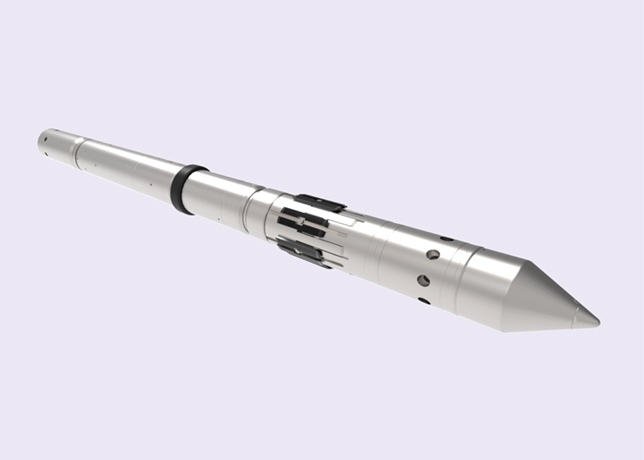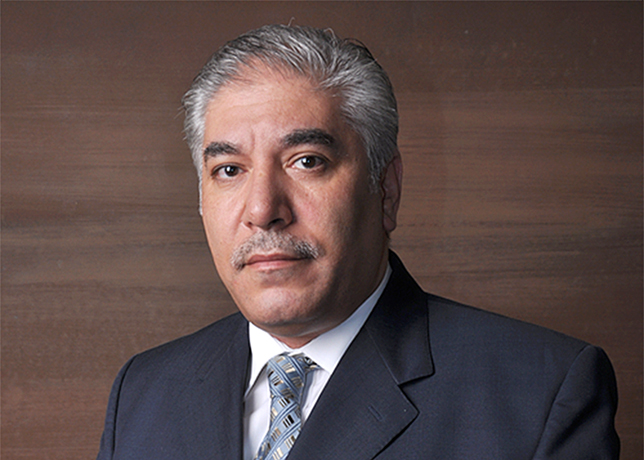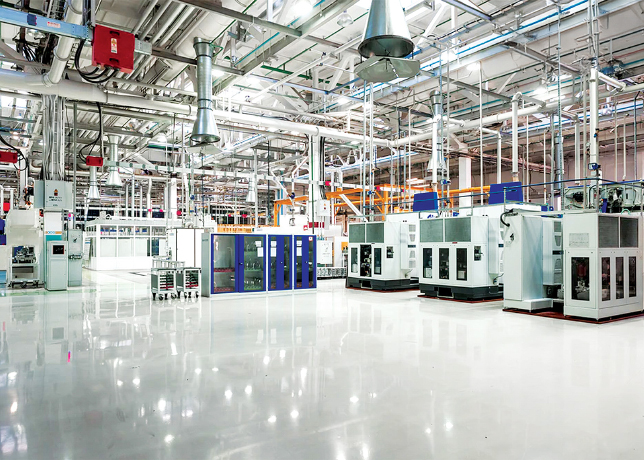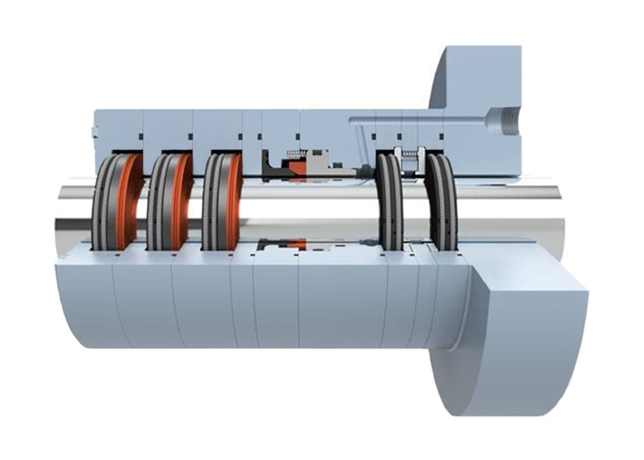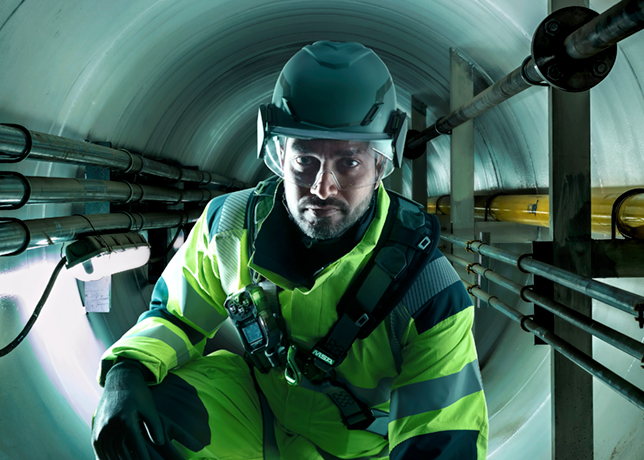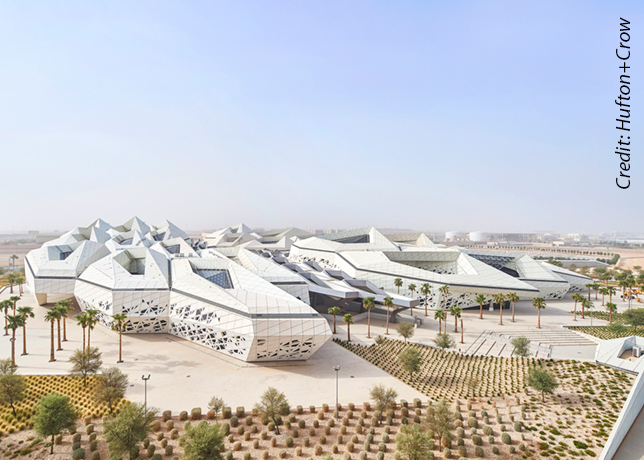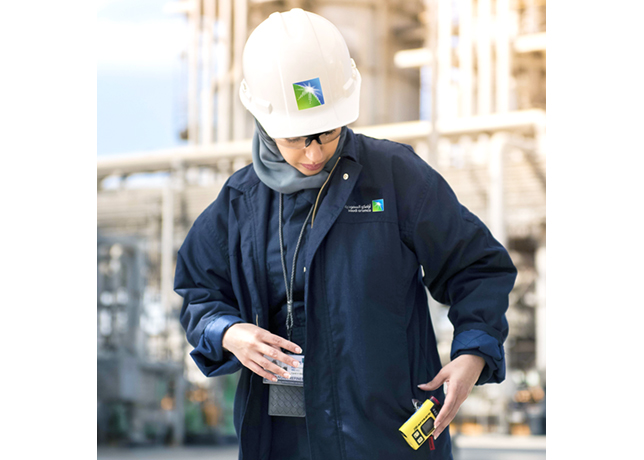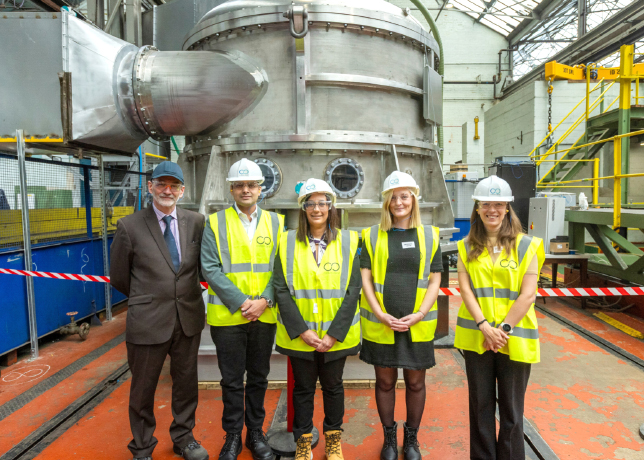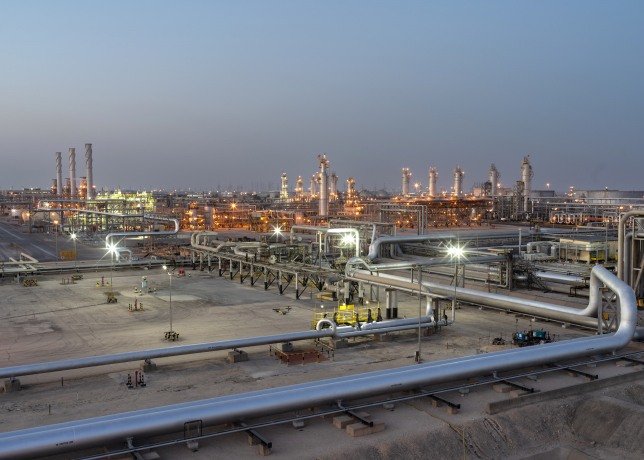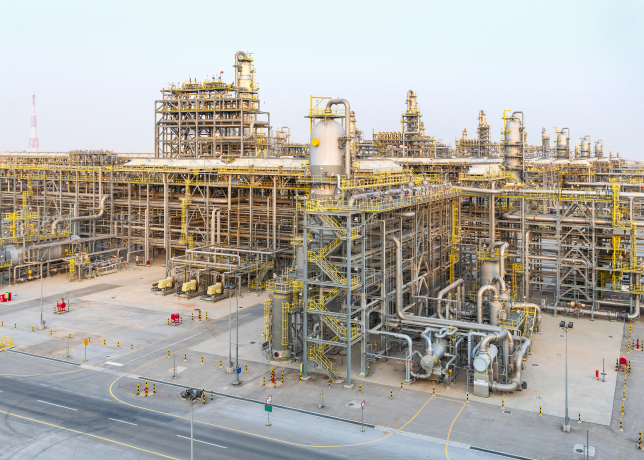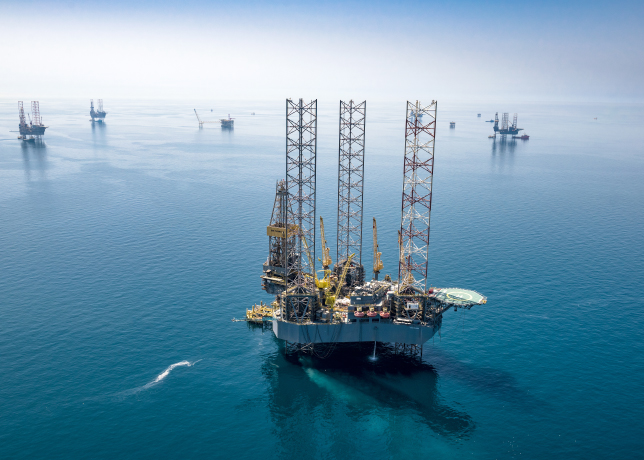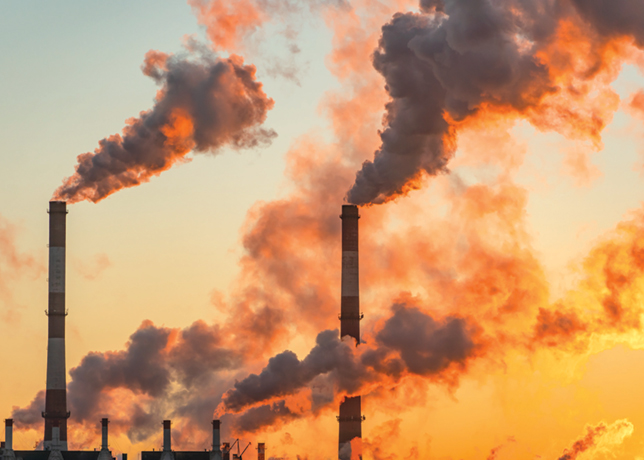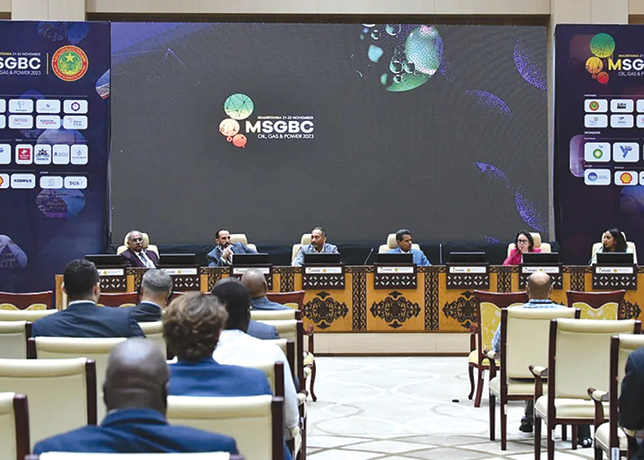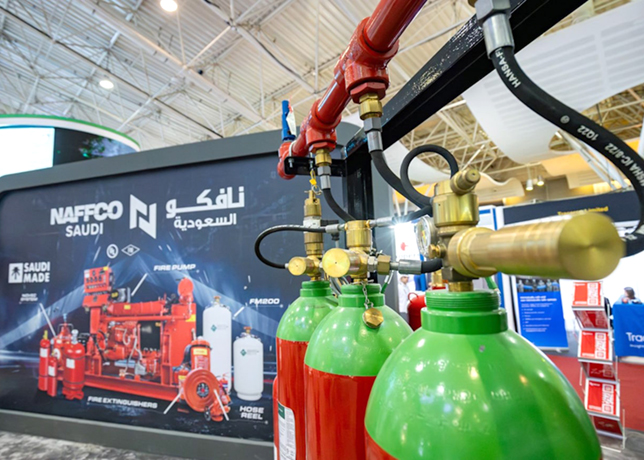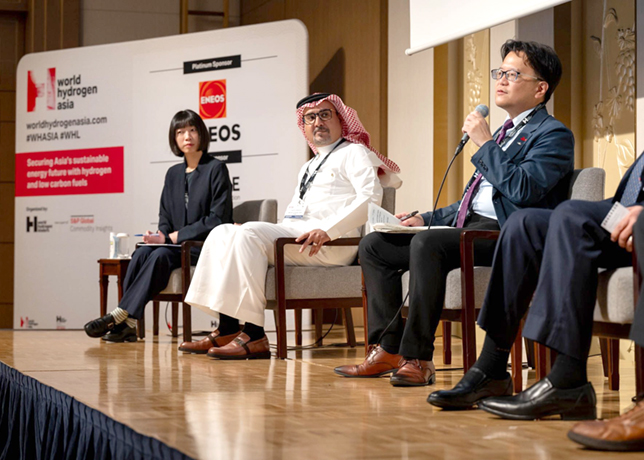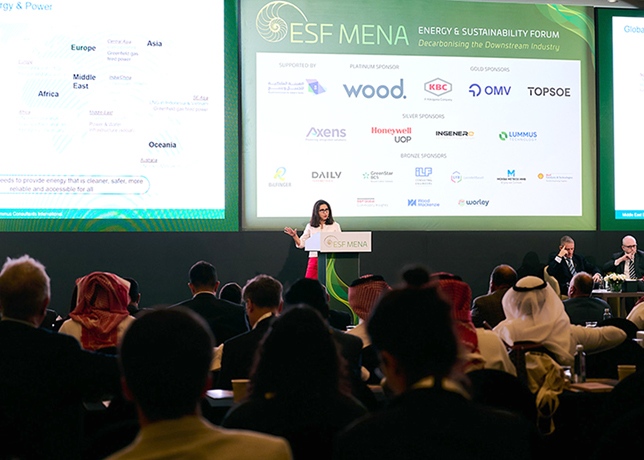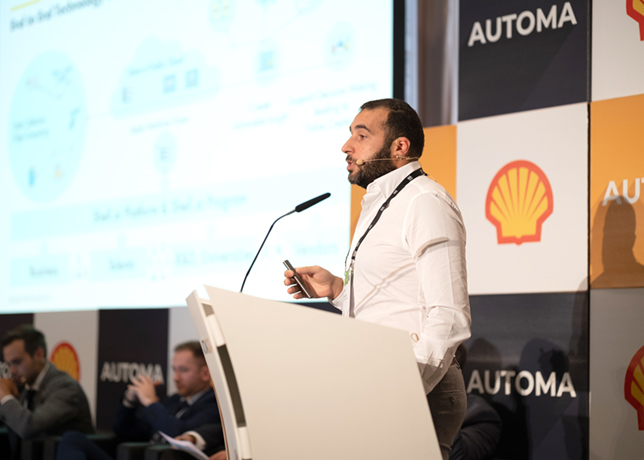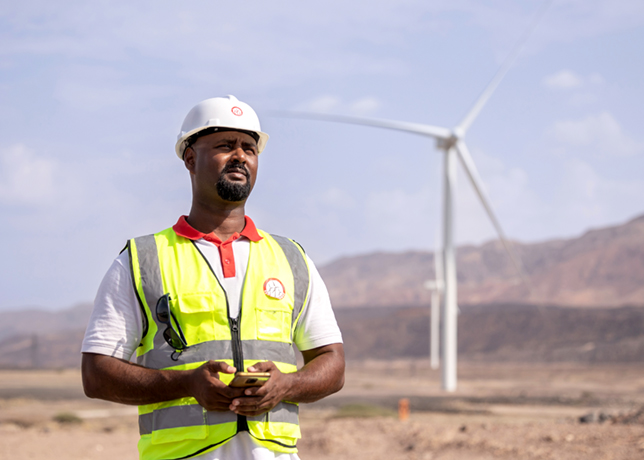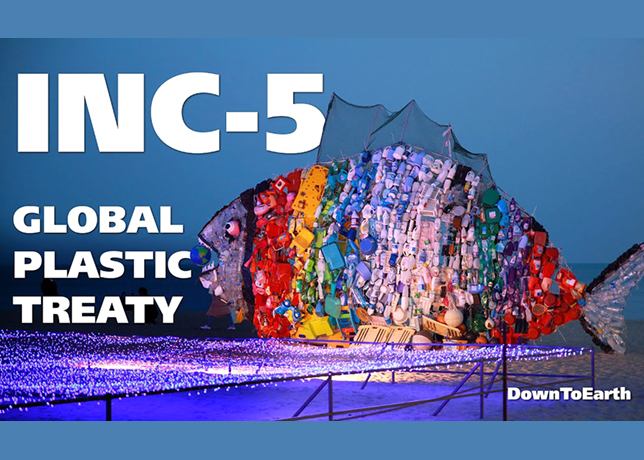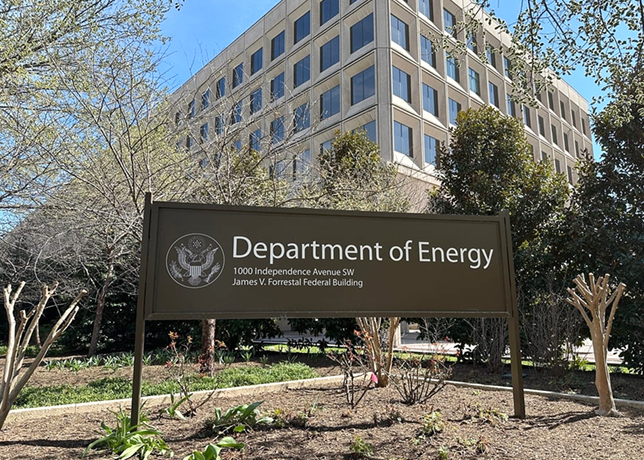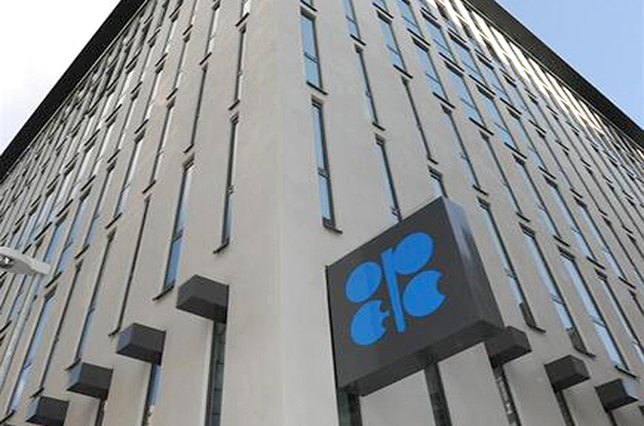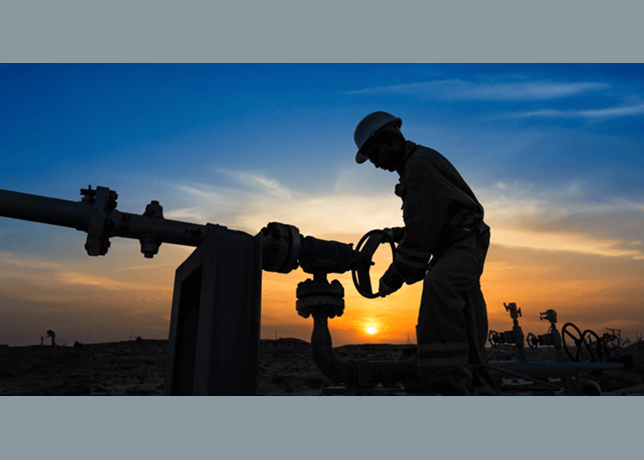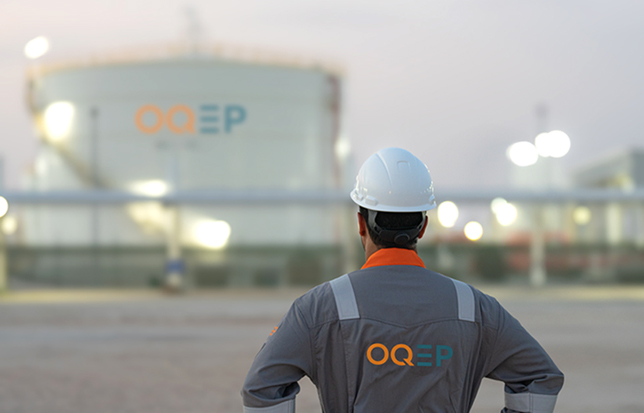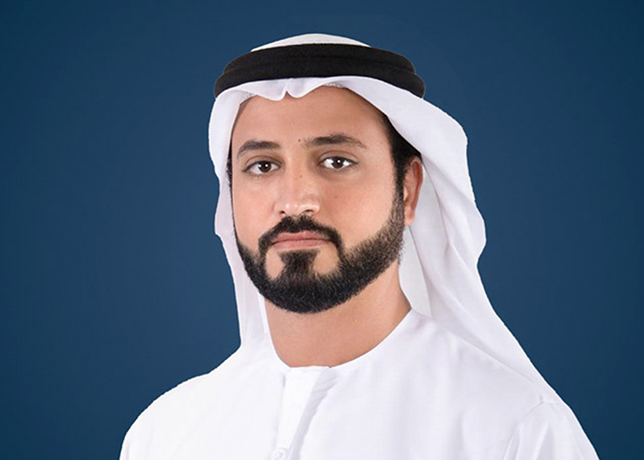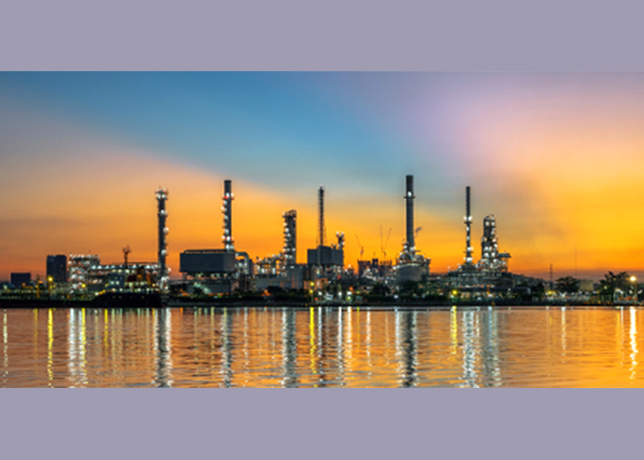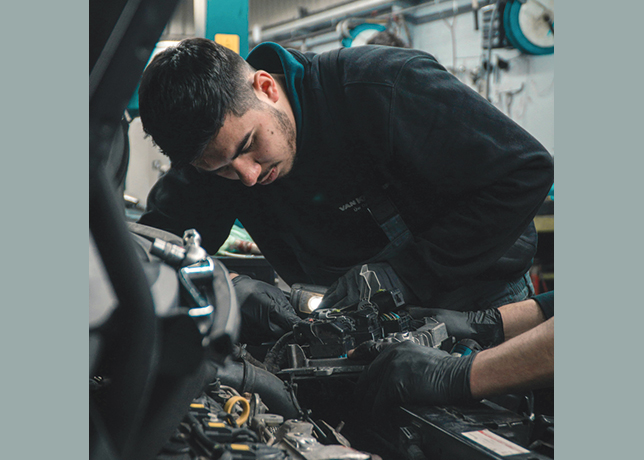
 Something as simple as an oil change can become a substantial contribution towards sustainability
Something as simple as an oil change can become a substantial contribution towards sustainability
Lubricant manufacturers are continuously exploring new technologies for sustainable design optimisation and formats for packaging, as well as improved circularity cycles
The global automotive industry stands at a pivotal moment, one that is driven by the urgency of climate change, regulatory shifts, and the evolving needs of consumers.
From vehicle manufacturers to the aftermarket industry, every player now plays a significantly larger role in steering the industry toward carbon neutrality.
Among them, lubricant manufacturers have emerged as a critical driver of innovation.
With new environmental standards and regulations in place, lubricant manufacturers are now continuously exploring new technologies for sustainable design optimisation and formats for packaging, as well as improved circularity cycles for more sustainable products.
Throughout this transition, one challenge still looms: How manufacturers can find the balance between cost and efficiency, ensuring that consumers who choose to make sustainable choices do not pay premium costs for engine protection.
In the MENA region, consumers today are more informed and conscious about the environmental impact of their lifestyle choices, and their attitudes towards brands reflect this.
According to a study by YouGov, 52 per cent of consumers in Saudi Arabia and the UAE actively seek out companies that are socially and environmentally responsible.
As the concept of sustainable living becomes more embedded in our everyday choices, demand for brands that can deliver both performance and purpose is also shifting.
The UAE is home to a large population of expatriates, which has laid the foundation for a thriving used car market.
With numerous affordable options and varying consumer preferences, the pre-owned landscape has been steadily growing year on year.
According to Mordor Intelligence, it is estimated to reach $35 billion by 2030.
A report by Gulf News sheds light on how many drivers are unaware of essential knowledge about their cars that can lead to poor or delayed vehicle maintenance which can result in early engine deterioration, mechanical failure, and decreased fuel efficiency.
According to the UAE’s Road and Transport Authority (RTA), vehicles older than 15 years are not eligible for registration renewal, creating an additional incentive for owners to invest in premium lubricants that can protect and extend a vehicle’s usable life.
For a region like the UAE, where regular vehicles are exposed to extreme temperatures and harsh weather conditions, the importance of routine maintenance becomes even more pronounced.
It is ideal to service a car every six months or 10,000 km (whichever comes first) to ensure performance, maintain engine life, and protect the car’s resale value - a key metric for consumers in the UAE’s thriving used car market.
Recognising this, PETRONAS Lubricants International has designed specific solutions like the PETRONAS Syntium X series, which has been created to align with the latest viscosity grade trends and ensure optimal performance and protection vehicles.
Another example of products formulated to meet the evolving needs of consumers is the PETRONAS Syntium with CoolTech+™.
This premium formulation safeguards engines from preventive and costly repairs, enhancing the protection of critical engine components by up to 37.8 per cent and can reduce fuel consumption by as much as 3 per cent.
As global economies race towards aligning industries with the goals of sustainable development, the path to meeting net zero goals will demand both innovation and awareness.
Through smarter maintenance, eco-conscious products, and better consumer education, even something as simple as an oil change can become a substantial contribution towards sustainability.



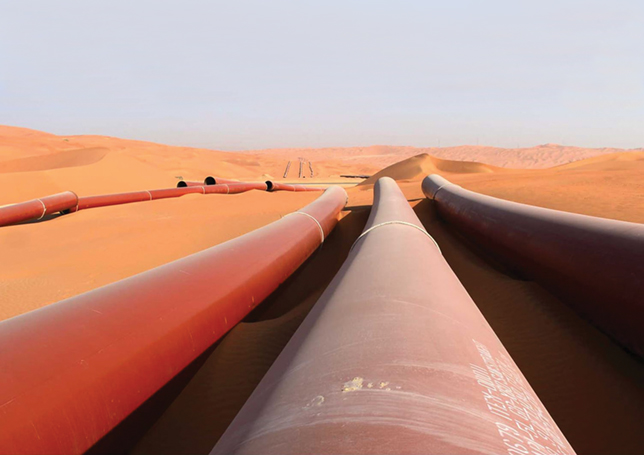
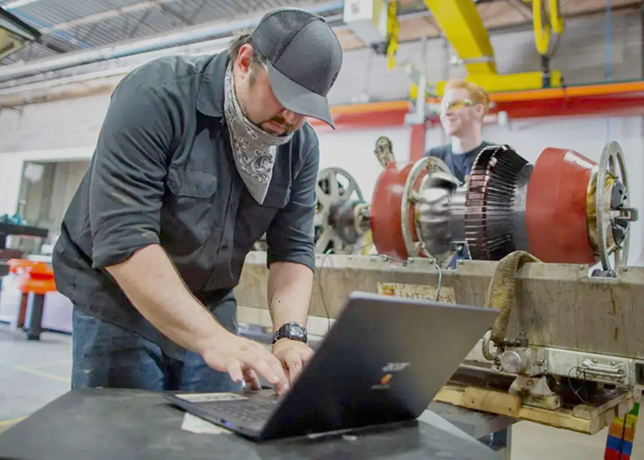




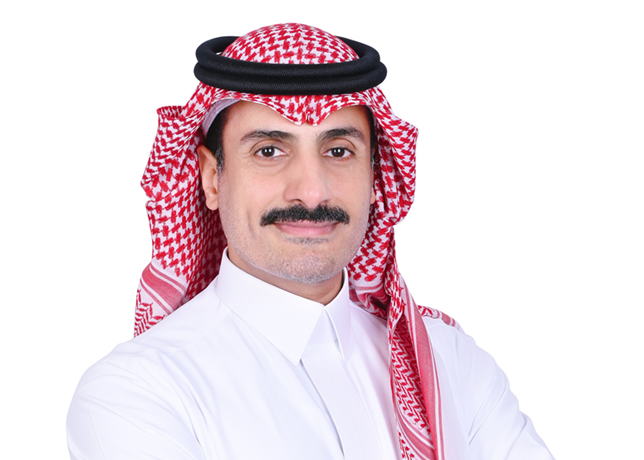
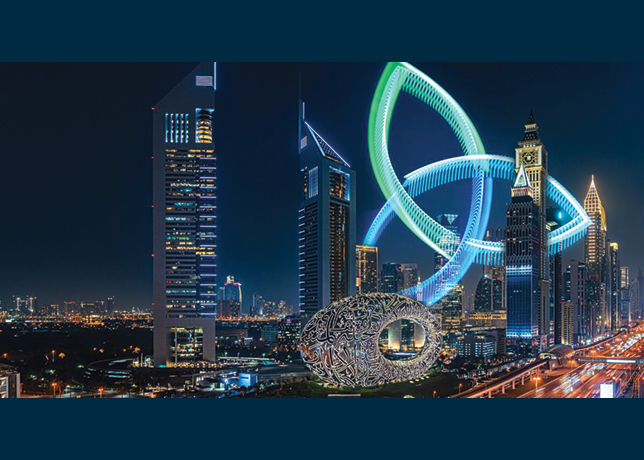
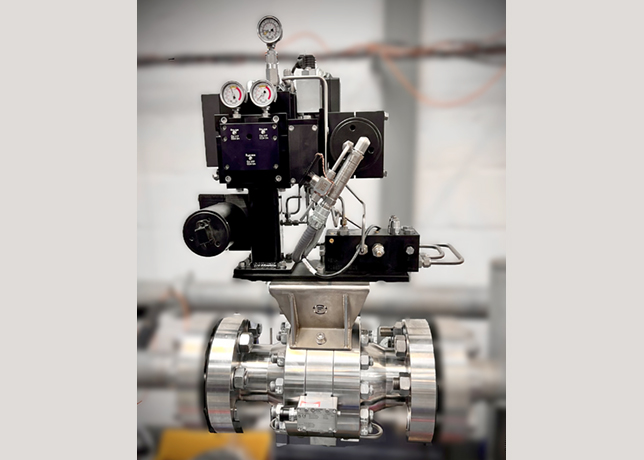
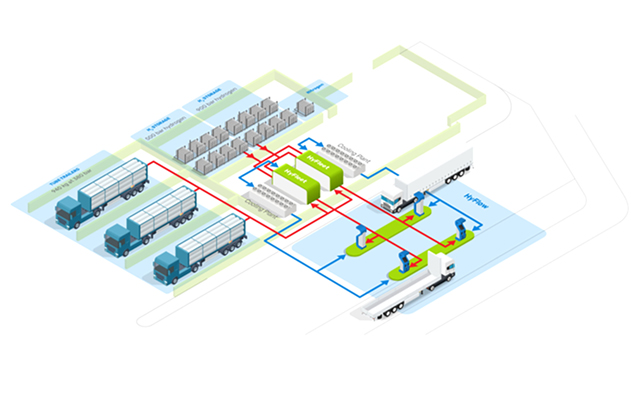
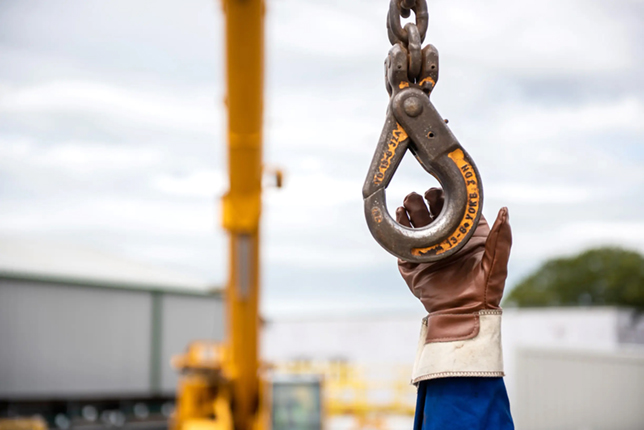
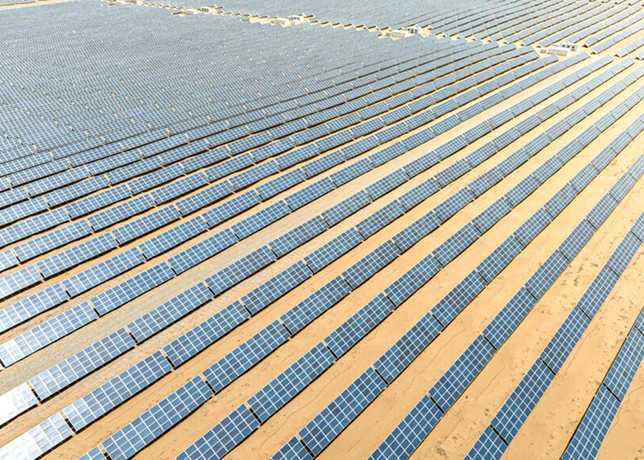

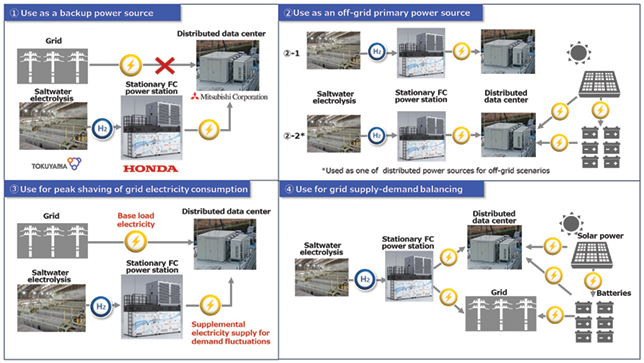


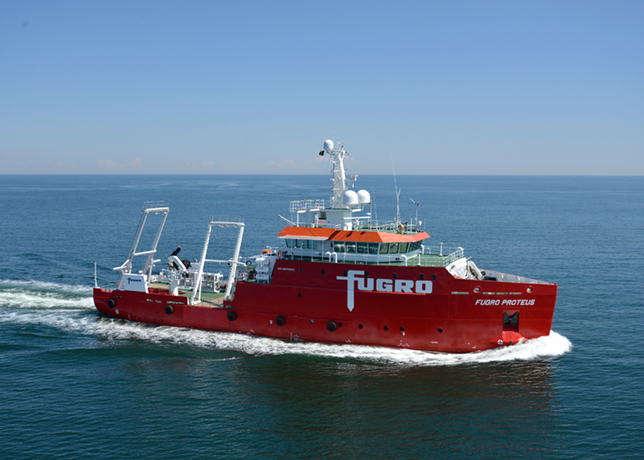

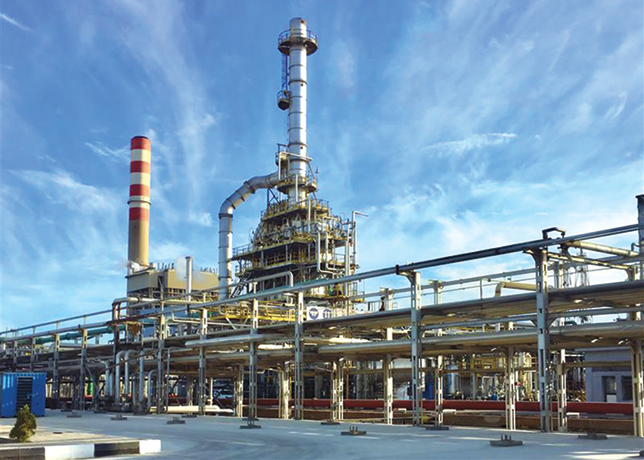
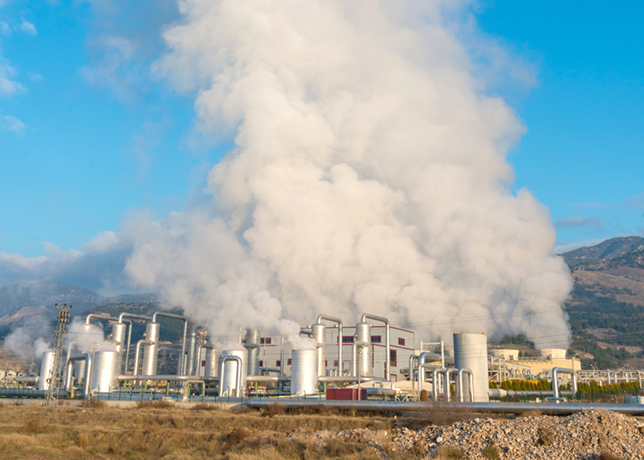
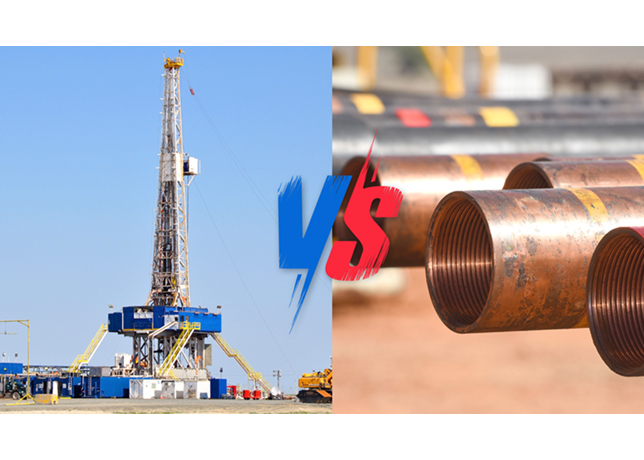
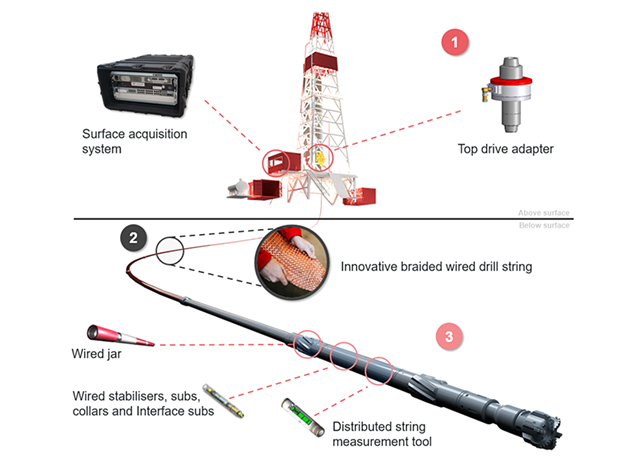
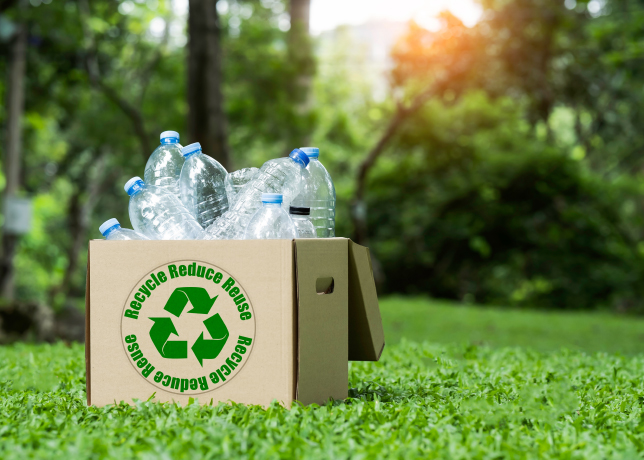
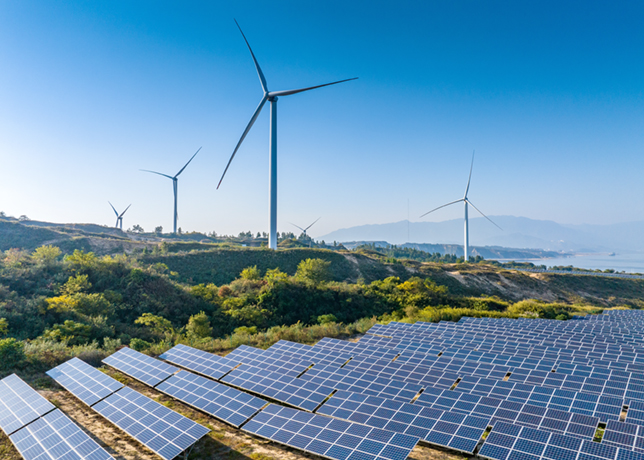




-is-one-of-the-world.jpg)
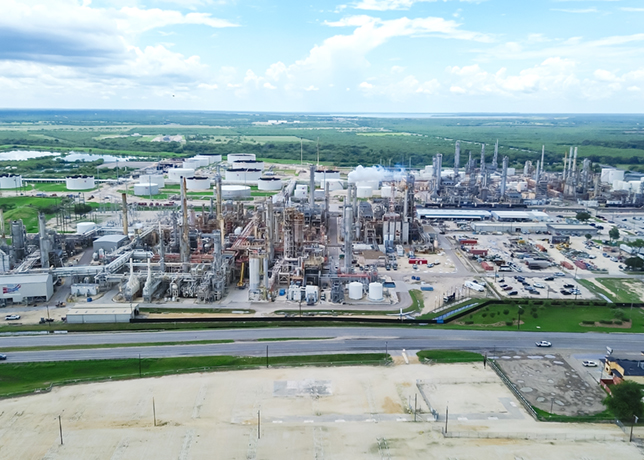
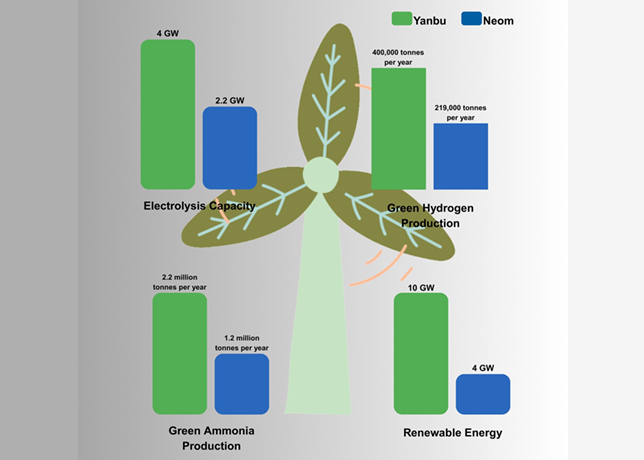

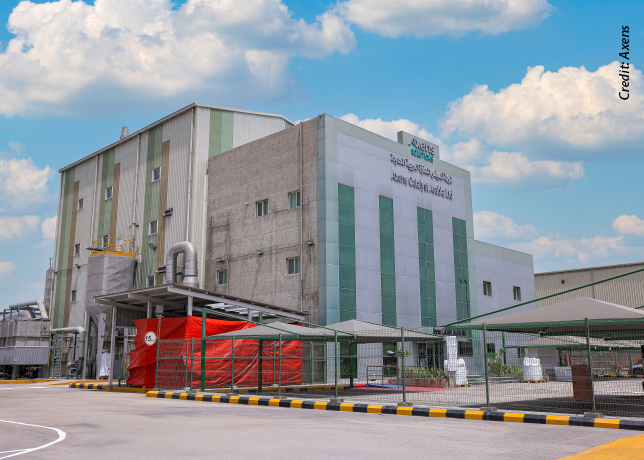

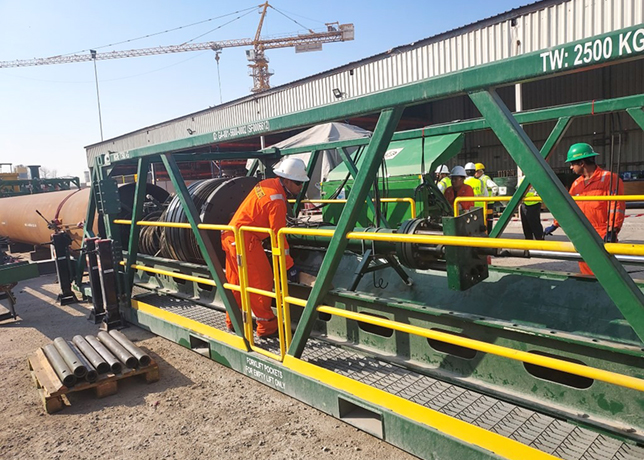
-(4)-caption-in-text.jpg)
